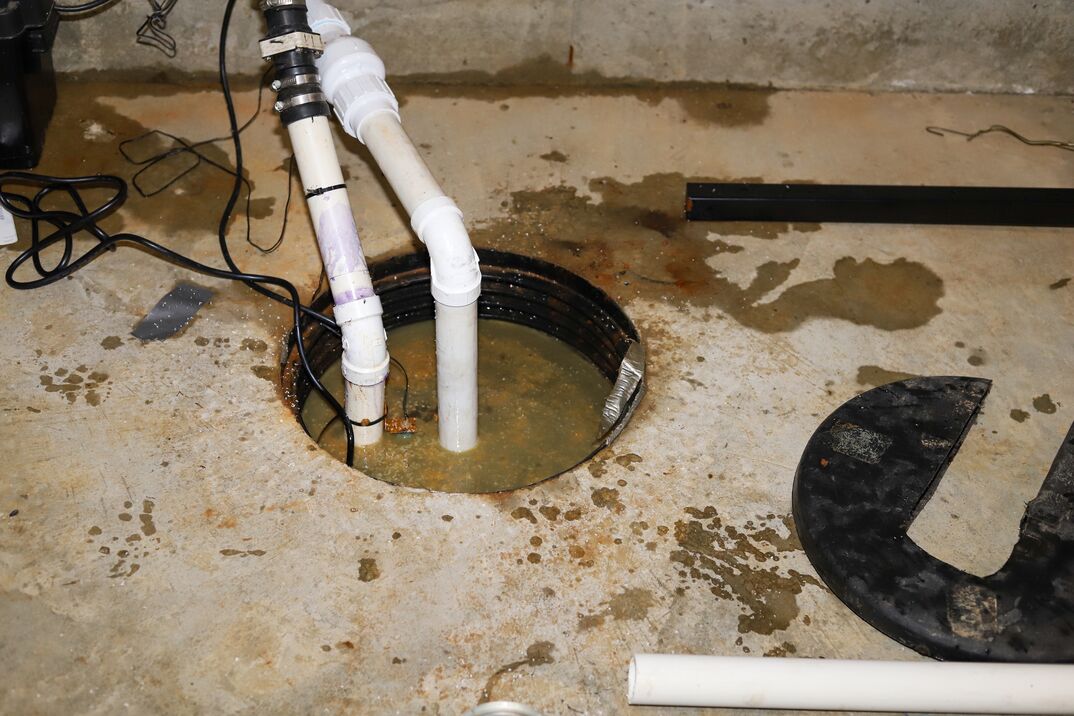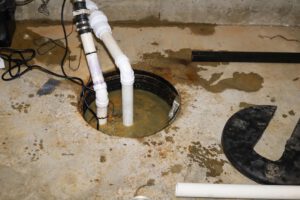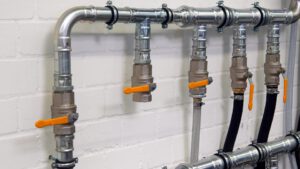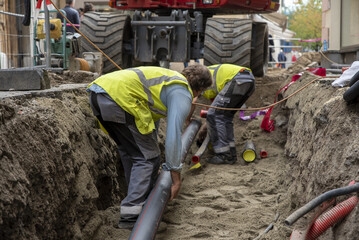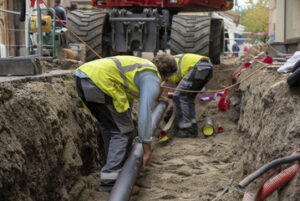Plumbers Doylestown PA involves systems for businesses such as restaurants, retail stores, office buildings, and warehouses. These properties often have more people using the plumbing systems than residential properties.
There are also different health codes and regulations that plumbers must adhere to when working on these types of properties. This makes the job more challenging and requires a higher level of expertise.

Commercial plumbing is a specific type of plumbing that’s used in larger buildings like malls, office towers, and warehouses. It’s a lot different than residential plumbing, and it requires more knowledge and expertise to install and repair correctly.
This is because commercial plumbing deals with more water and pipes than residential systems. In addition, it usually involves more complex fixtures and appliances like ice machines and dishwashers. It also has to be able to handle more usage and demands than residential systems because there are often more people using the bathrooms and kitchens.
Adding to the complexity is the fact that many commercial buildings have multiple floors and interconnected plumbing systems. This means that a simple leak in one area can quickly spread to other areas and cause massive damage. Professionals that specialize in commercial plumbing are better equipped to handle these issues because they have the experience and knowledge required to understand how the entire system works.
Another factor that makes commercial plumbing more difficult is the fact that it’s typically used 24 hours a day, which means that there are more opportunities for problems to occur. That’s why it’s important to have a good maintenance plan in place to catch problems before they become major disasters.
Because of the increased size and complexity of commercial plumbing, it’s also more expensive than residential plumbing. That’s why it’s crucial to find a reliable plumber that can perform regular maintenance and repairs on your commercial system. They can help prevent leaks, ensure that the system is working properly, and keep it up to code. In addition, they can also help you find ways to save money on your energy bills by identifying inefficient systems and appliances. This is especially true in older buildings where the plumbing may be outdated and prone to leaks.
Unlike residential plumbing, which is often regulated only by local building codes and homeowners associations, commercial plumbing has to adhere to more stringent standards. These requirements focus on public health and safety, as well as preventing property damage. For example, plumbing in high-rise buildings and hospitals cannot afford to fail, especially if they house people. This is why preventative maintenance is crucial for these systems. Regular visits from a plumber can catch small problems before they become big ones. This benefits both the customer, who avoids costly emergency repairs, and the contractor, who gets consistent work and referrals.
Another important issue that commercial plumbing must deal with is water quality. Poor water quality can lead to clogs, pipe corrosion, and other problems that affect the integrity of the system. Investing in water treatment solutions can help keep the pipes clean and free of these issues.
In addition to ensuring that the water supply and drainage systems are up to code, the Uniform Plumbing Code (UPC) also requires certain equipment and appliances to be used in specific ways to protect the health of occupants. For example, a restaurant must install backflow prevention devices to protect against the possible infiltration of contaminants into food preparation areas. This can prevent serious health problems and even death.
Moreover, the plumbing in a restaurant must meet special specifications to ensure that the kitchen facilities can accommodate large amounts of food and drink. Likewise, hospital plumbing must meet rigorous requirements to avoid potentially deadly water leaks.
Considering the importance of the plumbing systems in these types of facilities, it’s no surprise that they are subject to a lot more wear and tear than other buildings. Because of this, they need to be maintained more regularly than other buildings. This is why it is a good idea for plumbers to offer their customers preventative maintenance plans. These can include routine inspections and a schedule for cleaning that is tailored to each client’s needs. This will help them to identify potential problems before they cause major disasters and keep the plumbing running smoothly at all times.
Plumbing problems in commercial establishments are more complex than those in residential settings. While a dripping tap or malfunctioning water heater can be a minor inconvenience for homeowners, these issues can cause a lot of damage to work productivity and expensive repairs for businesses. For this reason, commercial plumbing is a more specialized field that requires expert attention and proper installation.
Commercial plumbing systems are built to last for decades and must meet higher standards than those used in homes. As a result, they tend to be more expensive and require more regular maintenance than residential systems. However, a well-designed and properly installed commercial plumbing system can save business owners money over the long term by preventing issues like clogs, leaks, and broken pipes.
Many commercial buildings have numerous bathrooms with multiple toilets and sinks as well as large kitchens that use a lot of water. As a result, they need a bigger, more complex plumbing system that is designed to handle high volumes of water usage and can withstand harsh conditions like flooding and extreme temperatures.
Because commercial plumbing is more specialised and more expensive, it’s also often more difficult to find experienced plumbers. For this reason, it’s essential for commercial owners to invest in preventative maintenance services that can spot small problems before they become major disasters. In addition, offering emergency services can help build a reputation as a reliable plumbing business and attract new customers.
In order to compete with larger, more established competitors, local commercial plumbers need to have a digital marketing strategy that generates awareness and drives traffic. This includes creating a professional website, utilizing SEO, creating valuable content, and leveraging social media to share customer reviews.
In addition, commercial plumbers can use field operations software to streamline and automate business processes and provide better service to their customers. This type of software provides real-time data that can be accessed by both office and field teams to make faster decisions and drive productivity. By tracking key metrics such as first-time fix rates, technician profitability, and delayed invoices, commercial plumbers can improve their customer experience and grow their business.
A smoothly functioning plumbing system is crucial for commercial structures of all types, from offices and restaurants to hotels and shopping centers. This is why local building codes play such an important role, providing the essential framework to ensure a safe and efficient plumbing infrastructure. But how exactly do they do so?
Building codes set standards for plumbing systems to promote safety and efficiency, which helps ensure the health and well-being of occupants. They also minimize risks and promote responsible resource management. For example, they often specify that pipe sizes must be sufficient to accommodate water flows and prevent blockages. In addition, they may require that certain materials be used, such as copper piping for water supply pipes and PVC for drainpipes.
By complying with these building codes, plumbers and builders create a safer environment for their clients while also creating a plumbing system that can adapt to future innovations in the industry. Compliance with these guidelines also simplifies inspections and streamlines construction processes, which saves time and money in the long run.
Local codes are based on scientific research and expert opinions, but they can vary from one city to another. For this reason, it is important to research and understand local plumbing regulations before starting a project. This will help ensure that all work is done according to the necessary standards, avoiding potential problems and costly repairs in the future.
Additionally, plumbing codes emphasize durability and longevity, ensuring that the plumbing systems in commercial buildings last longer and reduce maintenance costs over time. This also ensures that the plumbing systems are able to withstand various environmental factors, including changes in temperature and pressure.
It is also important to note that compliance with these building codes is a legal requirement and non-compliance can lead to fines, penalties, or even closure of a business. This makes it essential for businesses to adhere to these requirements to protect their employees, customers, and the environment.
